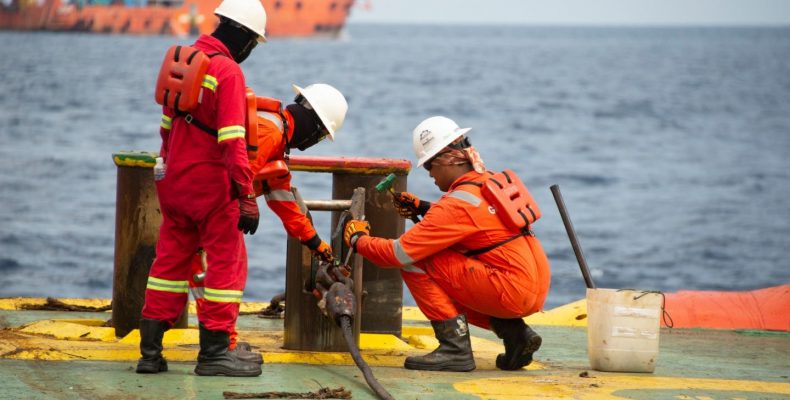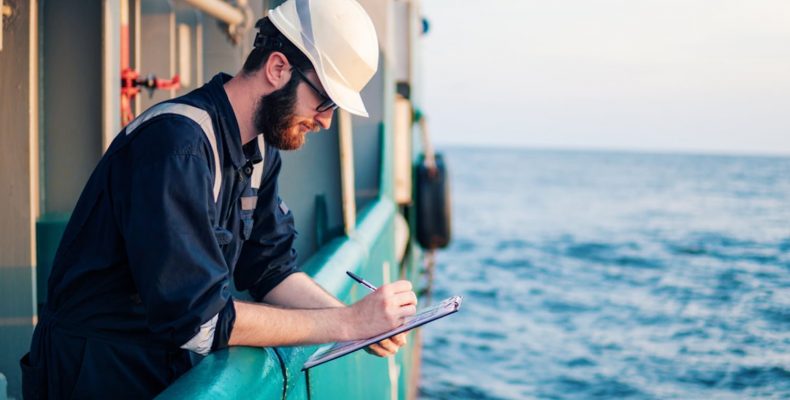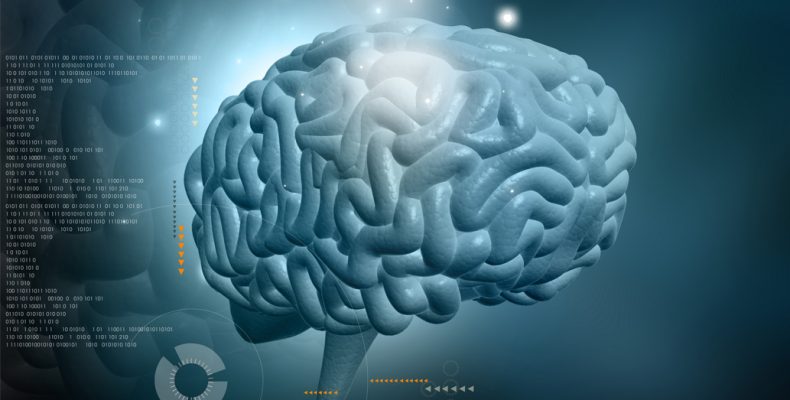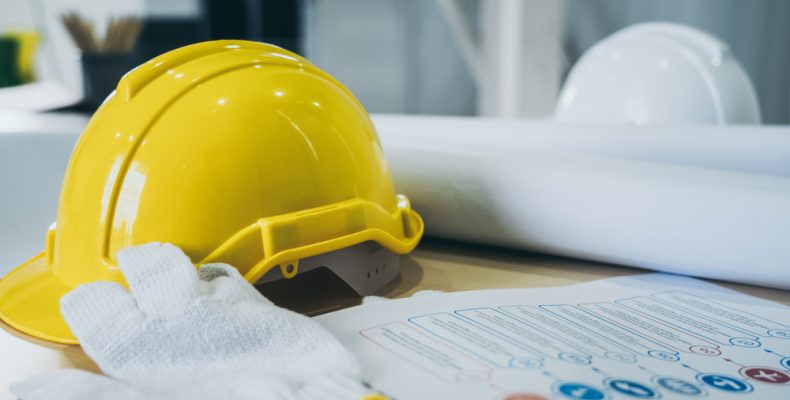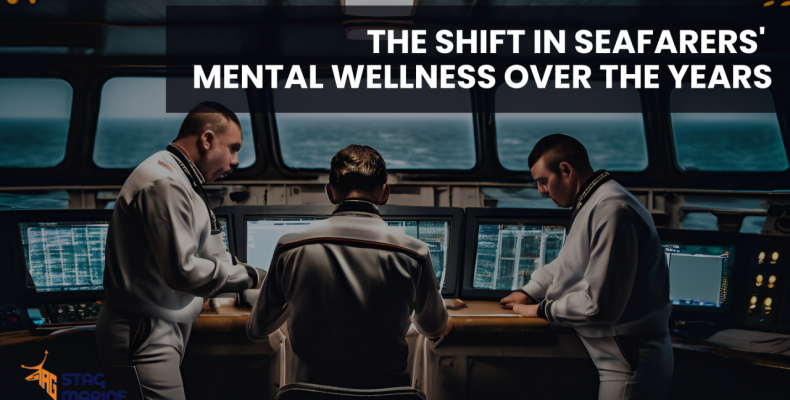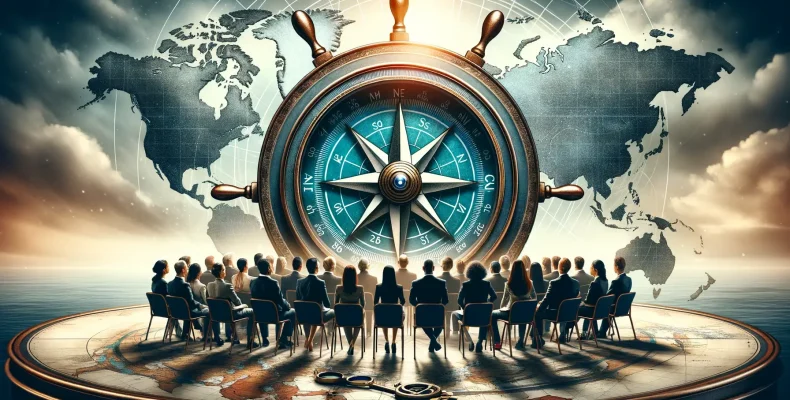Kocaeli Üniversitesi Denizcilik Fakültesi tarafından düzenlenen “Denizcilikte Psikoloji Temelli Pozitif Yönetim Çalıştayı”, Prof. Dr. Baki Komsuoğlu Kültür ve Kongre Merkezi’nde gerçekleştirildi. Denizcilik sektöründe psikolojik dayanıklılık ve yıldırma gibi kritik konuların ele alındığı çalıştayda, İstanbul Teknik Üniversitesi (İTÜ) Denizcilik Fakültesi, Denizcilik Bilişsel Ergonomi Araştırma Laboratuvarı Yöneticisi Prof. Dr. Leyla Tavacıoğlu, akademik…
Kocaeli Üniversitesinde Gerçekleşen “Denizcilikte Pozitif Yönetim” Çalıştayına Laboratuvarımız Akademisyen ve Öğrencilerinden Bilimsel ve Sanatsal Destek

